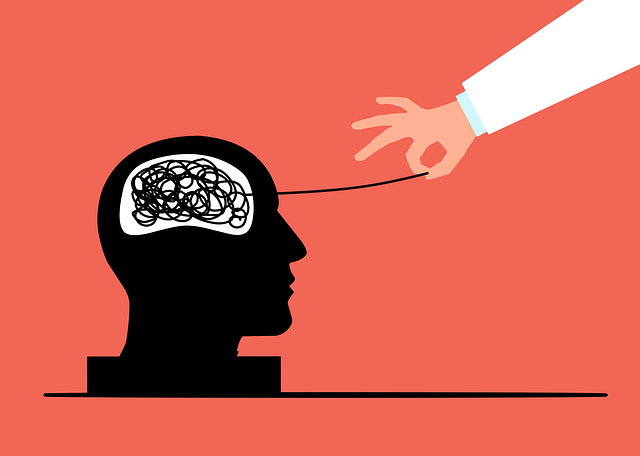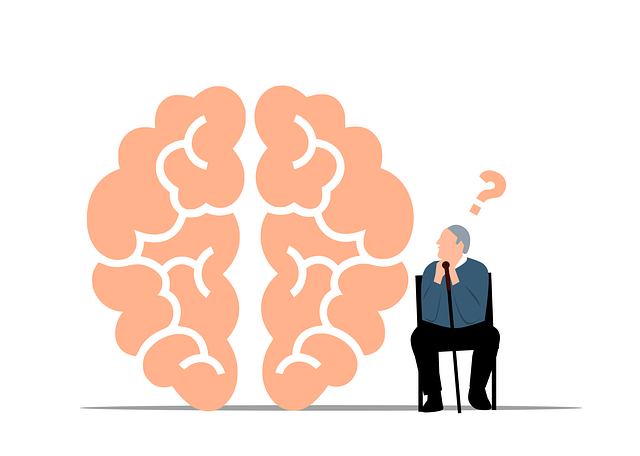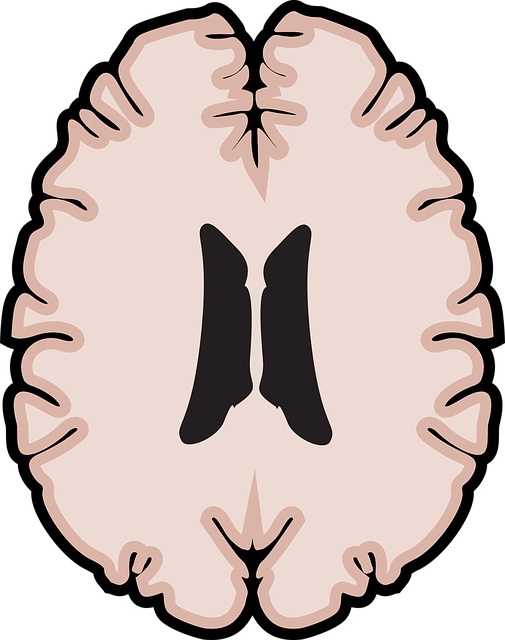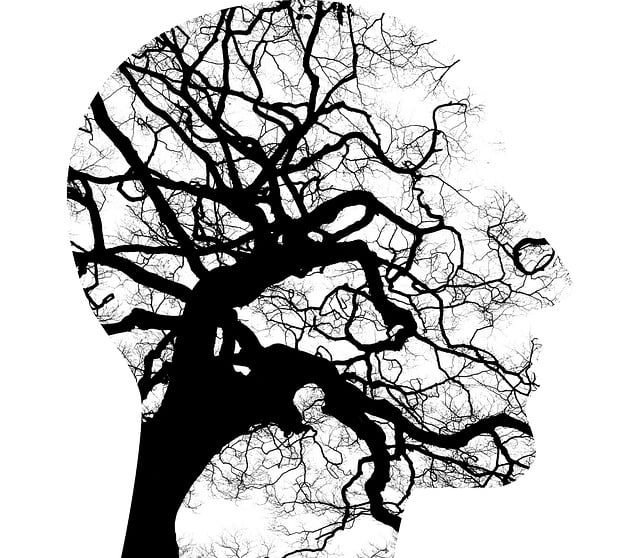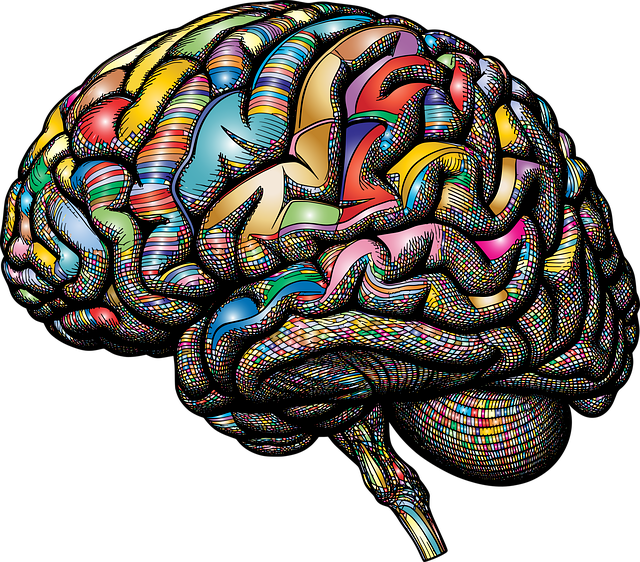Elderly individuals facing divorce encounter unique emotional challenges that require adapted therapy approaches. Coaching programs centered on mental wellness, utilizing Mind Over Matter Principles, empower seniors to cope effectively by building resilience and adaptability. Evidence-based practices like Cognitive Behavioral Therapy (CBT) are crucial for tailored coaching. Personalized coaching addresses specific goals, including improved self-esteem and social interaction strategies, combining emotional intelligence training, mindfulness, and CBT tools. These programs promote healthy stress management and emotion regulation, achieving positive mental wellness outcomes while reducing stigma through Mental Illness Stigma Reduction Efforts.
Mental wellness coaching programs are gaining prominence as valuable resources for individuals navigating life transitions, especially post-divorce. This article delves into the development of tailored programs focused on the unique needs of elderly individuals. We explore evidence-based practices and emphasize the importance of personalized approaches in fostering resilience and effective coping strategies. By integrating these methods, mental wellness coaches can support elders in overcoming divorce’s challenges, enhancing their overall well-being. Discover practical steps and insights into creating impactful therapy for elders divorce recovery programs.
- Understanding the Unique Needs of Elderly Individuals Post-Divorce
- Integrating Evidence-Based Practices in Mental Wellness Coaching
- Designing Personalized Programs: A Step-by-Step Approach
- Promoting Resilience and Coping Strategies for Effective Divorce Recovery
Understanding the Unique Needs of Elderly Individuals Post-Divorce

The divorce process can be particularly challenging for elderly individuals, who often face unique and complex emotional needs. As people age, they may have different coping mechanisms and perspectives on life, which means traditional therapy approaches might need to be adapted. Many seniors may struggle with feelings of isolation, loss, and low self-esteem post-divorce, requiring tailored support. Coaching programs focused on mental wellness can play a pivotal role in addressing these specific issues.
By incorporating the Mind Over Matter Principles, these coaching sessions can help elders regain a sense of control and foster emotional regulation. The goal is to assist them in navigating their new chapter with resilience and adaptability. Moreover, reducing the mental illness stigma often associated with aging and divorce is crucial. Through open discussions and support, coaches can encourage elderly clients to prioritize their mental health and well-being, ensuring they receive the care needed for a fulfilling post-divorce life.
Integrating Evidence-Based Practices in Mental Wellness Coaching

Incorporating evidence-based practices is a cornerstone in the development of effective Mental Wellness Coaching programs, especially when tailored for vulnerable populations such as elders going through divorce. Cognitive Behavioral Therapy (CBT), for instance, has been widely recognized for its ability to help individuals identify and change negative thought patterns and behaviors that contribute to mental health issues. By integrating CBT techniques into coaching sessions, professionals can empower elders to navigate the emotional challenges associated with divorce more effectively. This approach enables them to develop coping strategies, enhance resilience, and foster better mental wellness outcomes.
Furthermore, Community Outreach Program Implementation and Healthcare Provider Cultural Competency Training play significant roles in ensuring comprehensive support for these individuals. Effective communication strategies are essential to building trust and understanding between coaches and clients, especially when addressing sensitive topics like divorce. Tailoring coaching methods to consider cultural nuances and employing inclusive communication can significantly improve the accessibility and impact of mental wellness programs, making them more suitable and beneficial for elders experiencing this life transition.
Designing Personalized Programs: A Step-by-Step Approach

Designing personalized mental wellness coaching programs requires a nuanced, step-by-step approach tailored to individual needs. Start by assessing the client’s unique circumstances, including any past traumas or life transitions like divorce, which may impact their current emotional state. This initial evaluation helps in identifying specific goals and challenges. For instance, therapy for elders going through a divorce might focus on self-esteem improvement and building empathy strategies to navigate social interactions post-separation.
Next, incorporate evidence-based techniques such as emotional intelligence training, mindfulness exercises, and cognitive behavioral therapy tools. These methods empower individuals with the skills to manage stress, regulate emotions, and adapt to life changes healthily. By combining a deep understanding of the client’s background with effective therapeutic practices, coaches can create highly personalized programs that foster significant and lasting positive mental wellness outcomes.
Promoting Resilience and Coping Strategies for Effective Divorce Recovery

Promoting resilience and teaching effective coping strategies are essential components of divorce recovery coaching for elders. Many seniors face unique challenges when navigating a divorce later in life, including financial strain, social isolation, and emotional turmoil. A well-structured mental wellness coaching program can help individuals build mental fortitude to overcome these obstacles. Coaches can guide clients through identifying personal strengths and resources, fostering a sense of self-efficacy, and developing strategies to manage stress and anxiety associated with divorce.
Incorporating evidence-based therapeutic techniques tailored for older adults in a supportive environment encourages clients to process their emotions healthily. The Mental Wellness Podcast Series Production can offer valuable insights and tools for coaches and individuals seeking post-divorce support. Additionally, by reducing the stigma surrounding mental illness, these programs contribute to broader Mental Illness Stigma Reduction Efforts. Effective coaching also involves implementing robust Risk Management Planning for Mental Health Professionals to ensure a safe and therapeutic space for clients undergoing this life transition.
Mental wellness coaching programs tailored to elderly individuals navigating divorce offer a promising avenue for post-divorce recovery. By integrating evidence-based practices and adopting a personalized approach, coaches can empower clients to build resilience and develop effective coping strategies. Understanding the unique needs of this demographic is key to fostering successful outcomes in therapy for elders divorce. This comprehensive guide provides a roadmap for professionals seeking to enhance their practice in this specialized field.

